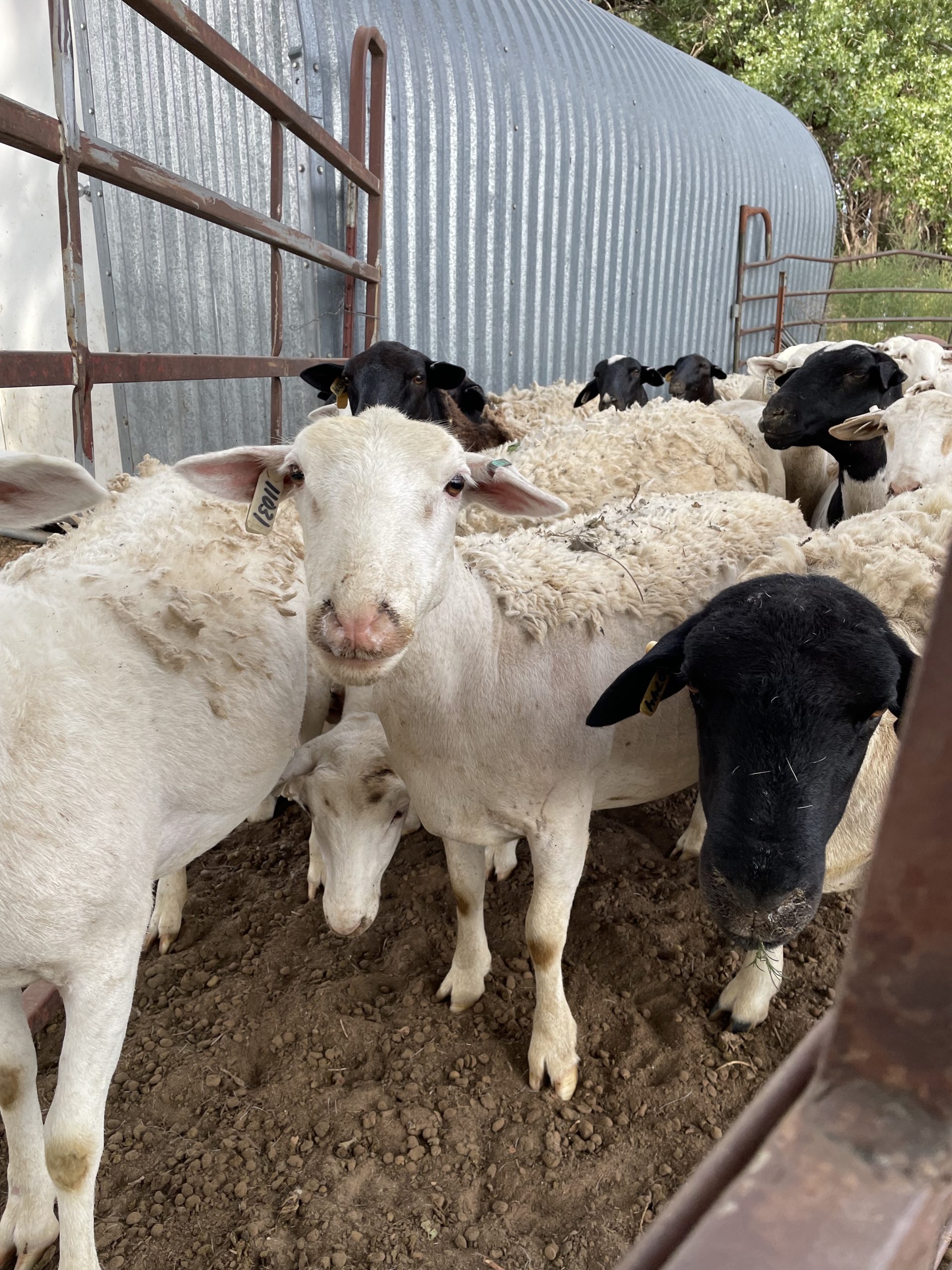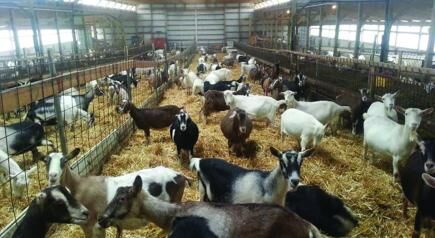Sheep Genetics USA brought 15 young producers, researchers, university staff and industry personnel to Colorado State University for two days of brainstorming on industry issues and possible solutions this week as the group considers topics it should attempt to tackle in the months and years to come.
The Sheep Genetics Research Summit in Fort Collins, Colorado, was moderated by veteran cattle producer Lee Leachman—who was featured in the August issue of the Sheep Industry News for genetic work in his industry. The two-day session generated seven priorities that the group is passing along to the Sheep Genetics USA Board of Directors. Chief among them is how genetic data is entered into the National Sheep Improvement Program and developing a software platform to streamline the entering and analysis of that data.
“There’s a lot of software investigation in the industry right now among the sectors and the breed associations,” said Superior Farms Director of Producer Resources Karissa Isaacs, who recently joined the board of SGUSA. “We just need to come together on those and be collaborative. One, to bring the cost down, and two, so that everyone is on the same platform for ease of data transfer and usage.”
Additional goals included finding ways to streamline the collection of genetic data—which is essential to allow for implementation among large commercial operations—and the addition of paid staff to achieve strategic goals in the next two years.
“One of main topics was how to move sheep genetics in all breeds forward in a progressive manner,” said Isaac Matchett, a commercial producer from Michigan. “I agree with data being a priority. Most would agree that there’s value in data and in being able to understand what parts of your enterprise make money and what parts don’t. Collection of that data hasn’t been adopted widely within the industry because it’s cumbersome to collect. It takes time at the farm level to collect, so we discussed a lot of avenues to make that a more streamlined process, to improve the technology that is available and the software we have available to get that data from raw data points to a utilizable management tool.”
Matchett said he was somewhat familiar with the initial work of Sheep Genetics USA—which began back in 2021—and was excited to be invited to the summit in Fort Collins.
“Genetic progress is a limitation to sheep producers everywhere,” he said. “If we can expedite the genetic progress we make in all of these breeds, that’s a huge benefit to a commercial producer and a huge benefit to our production potential. I think it’s good to be a part of that conversation.”


